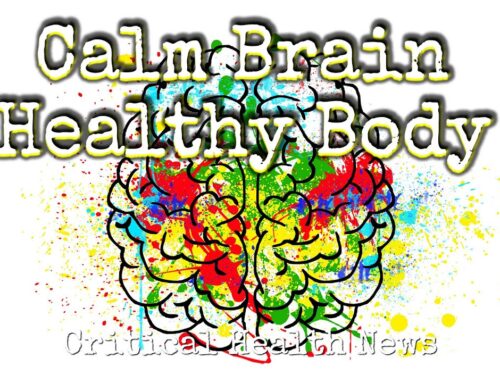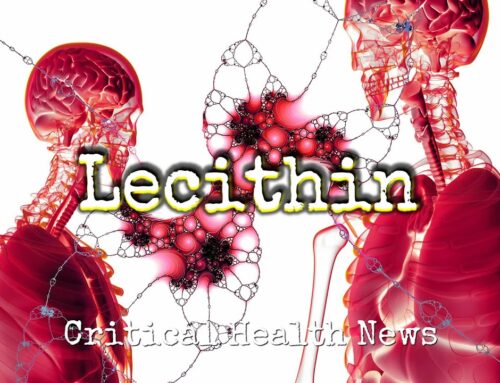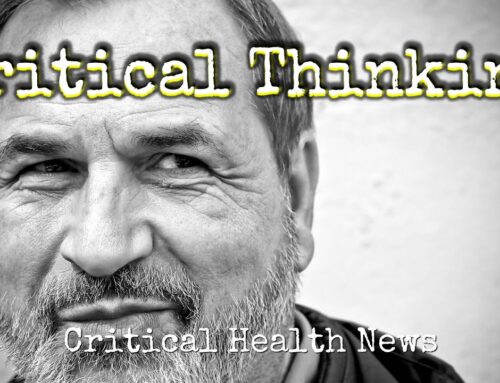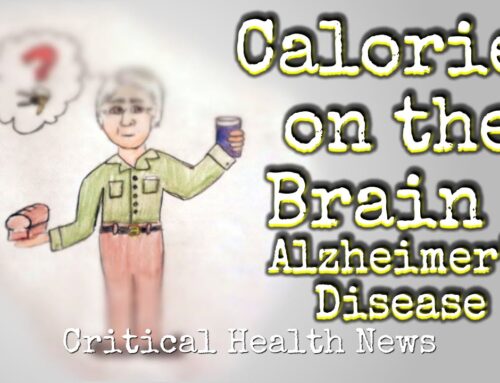Psychologists tell us that happiness is about choice, but for many of us the elusive state is unfortunately more about events, experiences and getting what we desire. The problem is, once we have what we desire, we gradually become numb to its pleasure. Once we get that wonderful new house that we dreamed about for so long, eventually it isn’t so wonderful.
Scientists call this hedonic adaptation. “Hedonic” means “pleasure”. The term refers to our tendency to eventually become bored with the good things that happen to us. As it turns out, true happiness may involve more than just having our dreams come true.
That’s what Aristotle thought. According to the Greek philosopher, happiness, rather than merely getting what we want, requires the cultivation of virtues. He theorized that happiness was about bringing about long-term good, rather than achieving short-term pleasure. Aristotle took the position that happiness was a goal that could be accomplished by developing impeccable character. He believed that it required us to make decisions that provide benefits over time and stated that this sometimes necessitated effort, work and sacrifices, that could in the short term, ironically, make us unhappy.
Anyone who’s ever felt post-workout pleasure after forcing themselves to go to the gym knows just what he’s talking about. Aristotle called this kind of happiness “eudemonia”, which means “the perfect self”. He said that it is in the striving for this perfection, exemplified by the actions we choose, that life becomes important, meaningful and ultimately happy.










